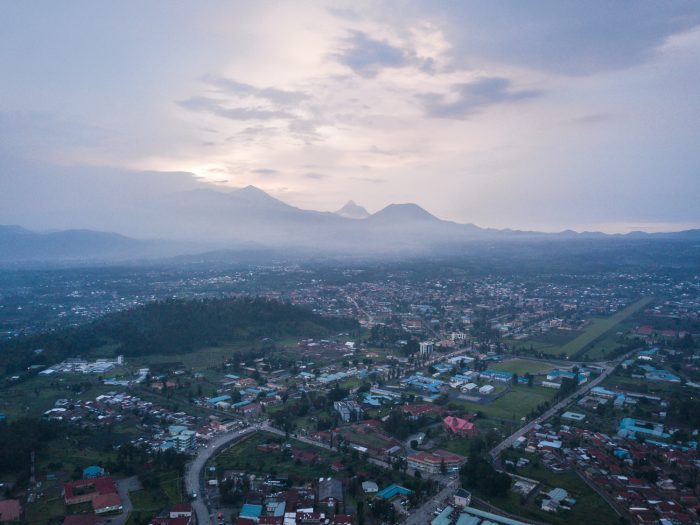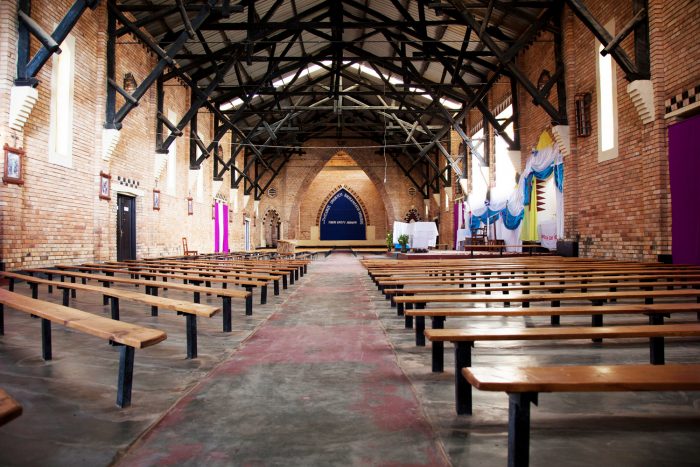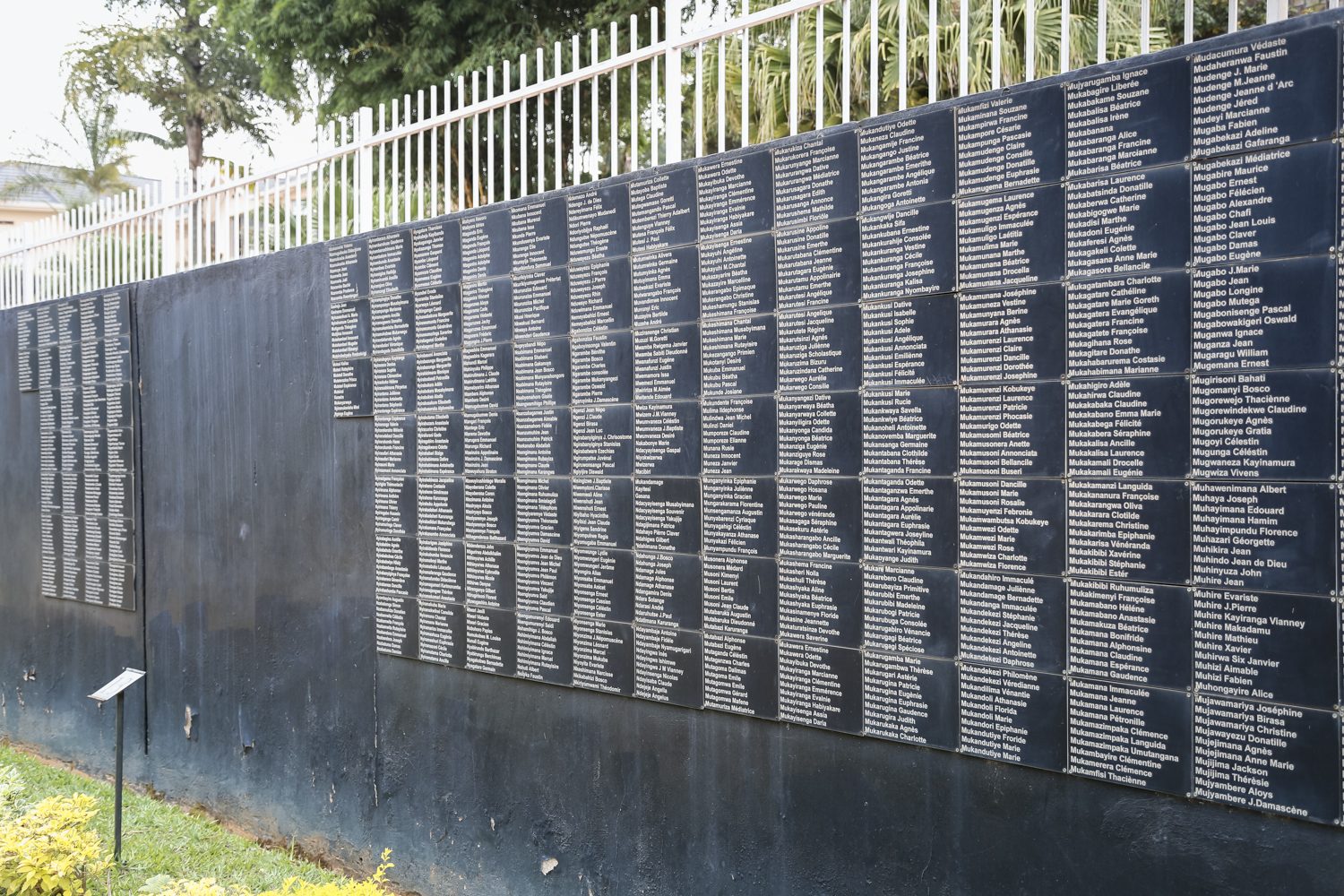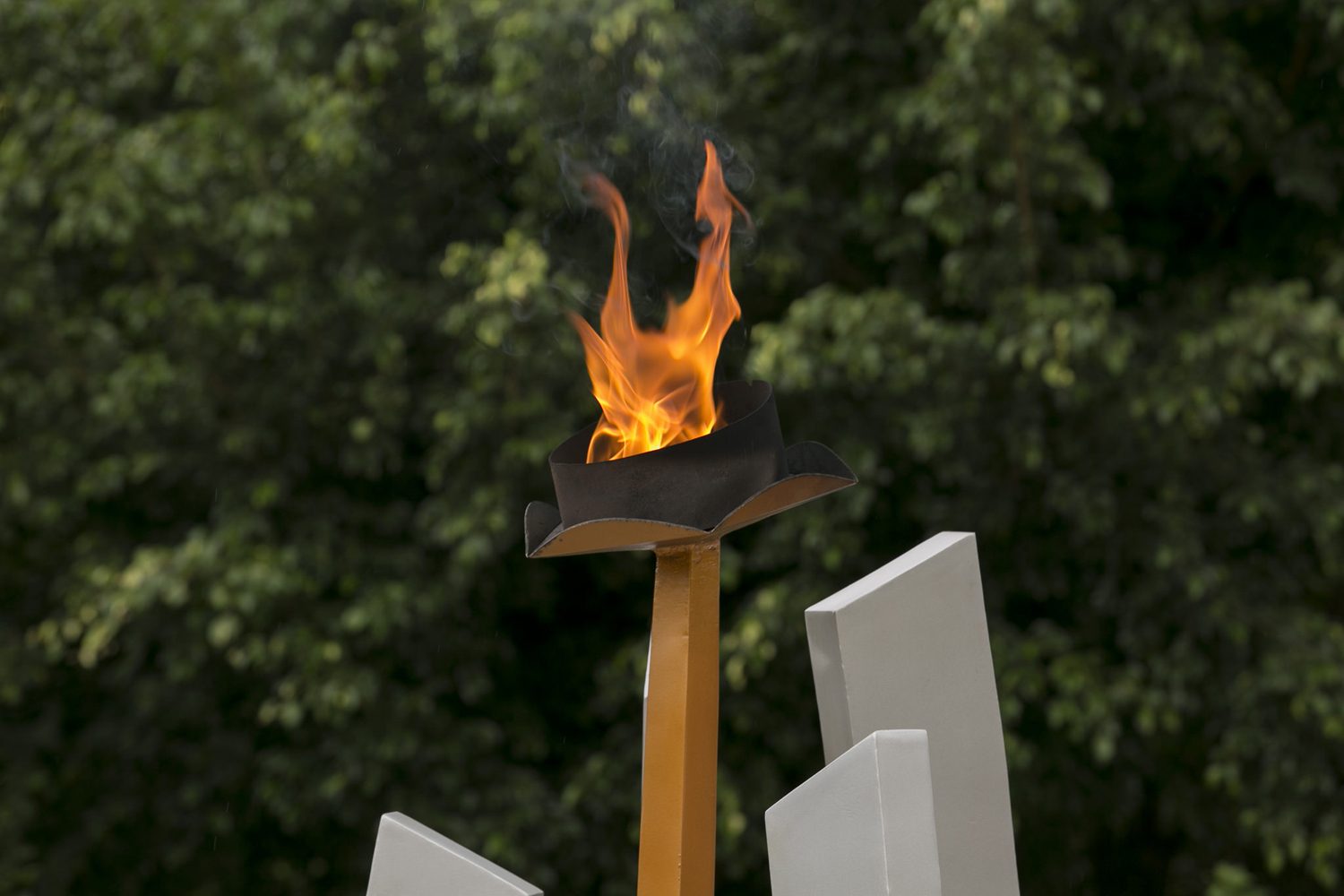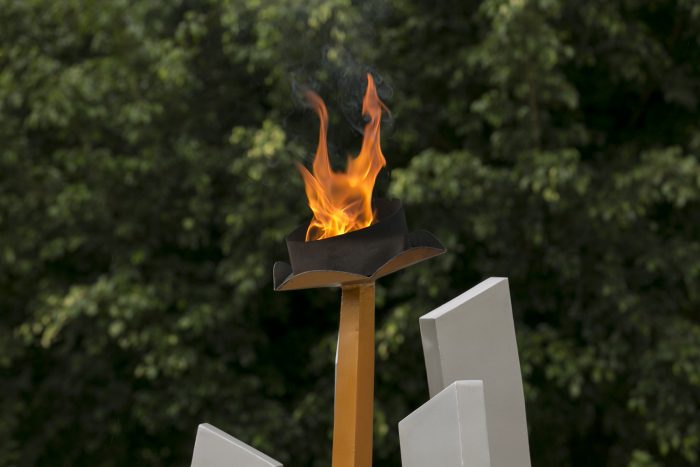Kigali Genocide Memorial
The people of Rwanda embrace peace and reconciliation. They are committed to fight the ideology of genocide. The memorials found throughout the country are moving testimonies in memory of the 1994 Genocide against the Tutsi and the people who lost their lives.
Inaugurated in 2004, the Kigali Genocide Memorial at Gisozi is the final resting place for more than 250,000 victims of the Genocide against the Tutsi. This memorial also serves to educate about how the Genocide against the Tutsi took shape and examines genocide in the 20th century.
The wall of names is dedicated to those who died and is a work still in progress. Many of the victims’ names have yet to be gathered and documented and many of the victims who rest in the graves are unknown.
The memorial gardens provide a place for quiet contemplation about the history of the Genocide against the Tutsi. They allow visitors to reflect on how we all have a personal responsibility to prevent discrimination and mass atrocity.
The centre also provides support for survivors, in particular orphans and widows.
While the largest memorial is in Kigali, the genocide touched all corners of Rwanda, and as such there are many emotionally charged memorials located throughout the country. Some are as simple as a quiet garden space for contemplation, while others are larger and hold relics, remains, and exhibits on the genocide itself.
Beyond the main memorial centre in Kigali, a few of the memorials include:
Camp Kigali Belgian Monument
A small museum lies at the site of the massacre of ten Belgian UN Blue Beret. At the onset of Genocide under the command of General Dallaire, they were deployed to guard the house of Prime Minister Agatha Uwilingimana. When the genocide began, Presidential Guard soldiers invaded the home, disarmed the Belgians and transported them to Camp Kigali where they killed them. The ten stone pillars memorialise the ten soldiers killed.
Nyanza Genocide Memorial
Ntarama Genocide Memorial
Nyamata Genocide Memorial
Murambi Genocide Memorial







